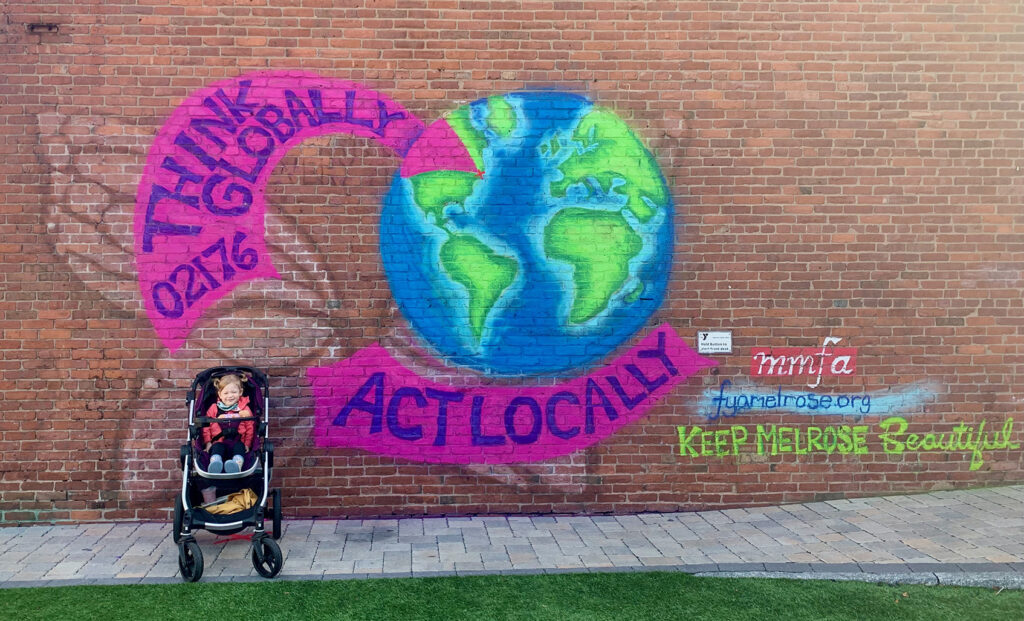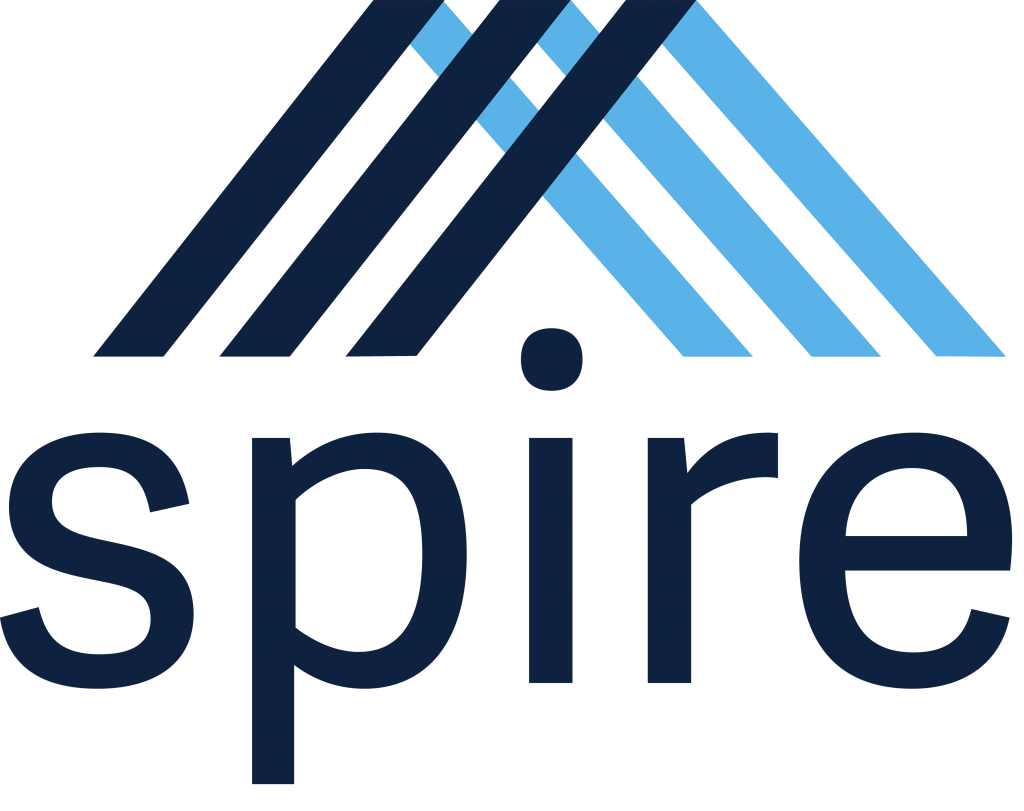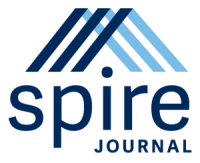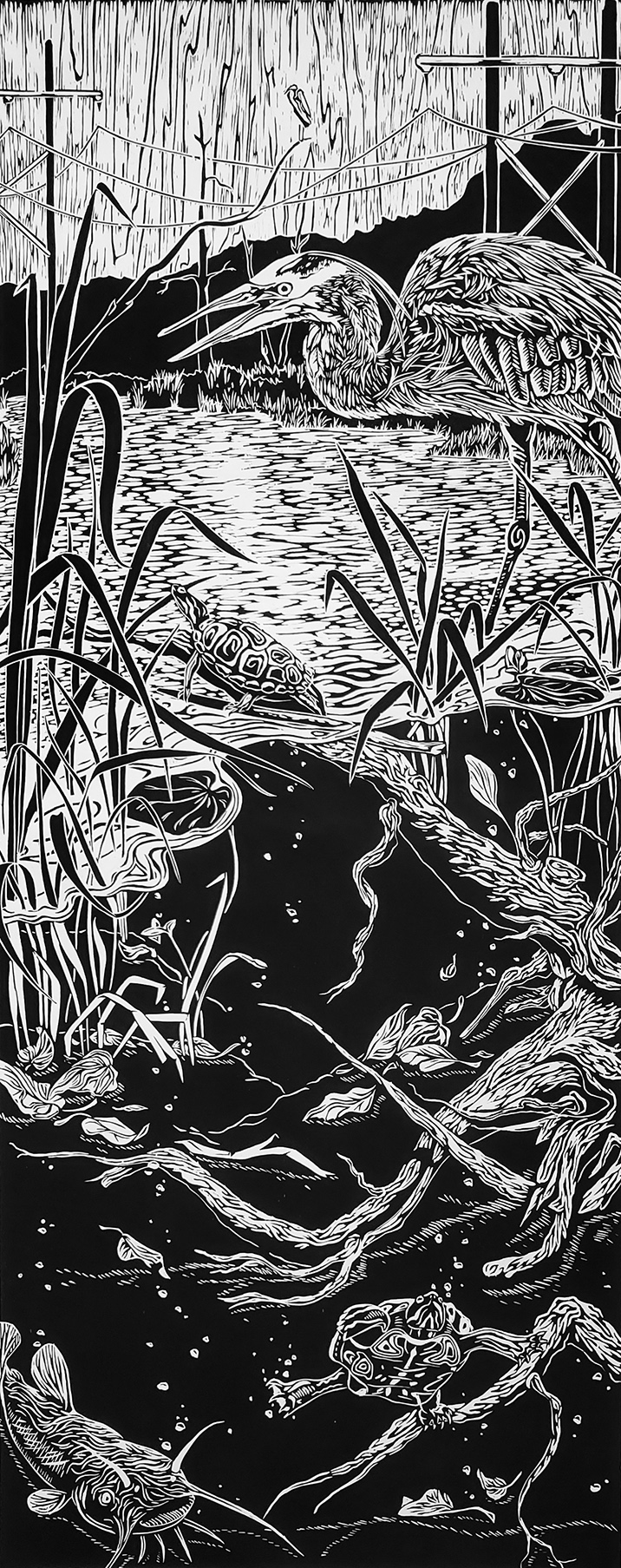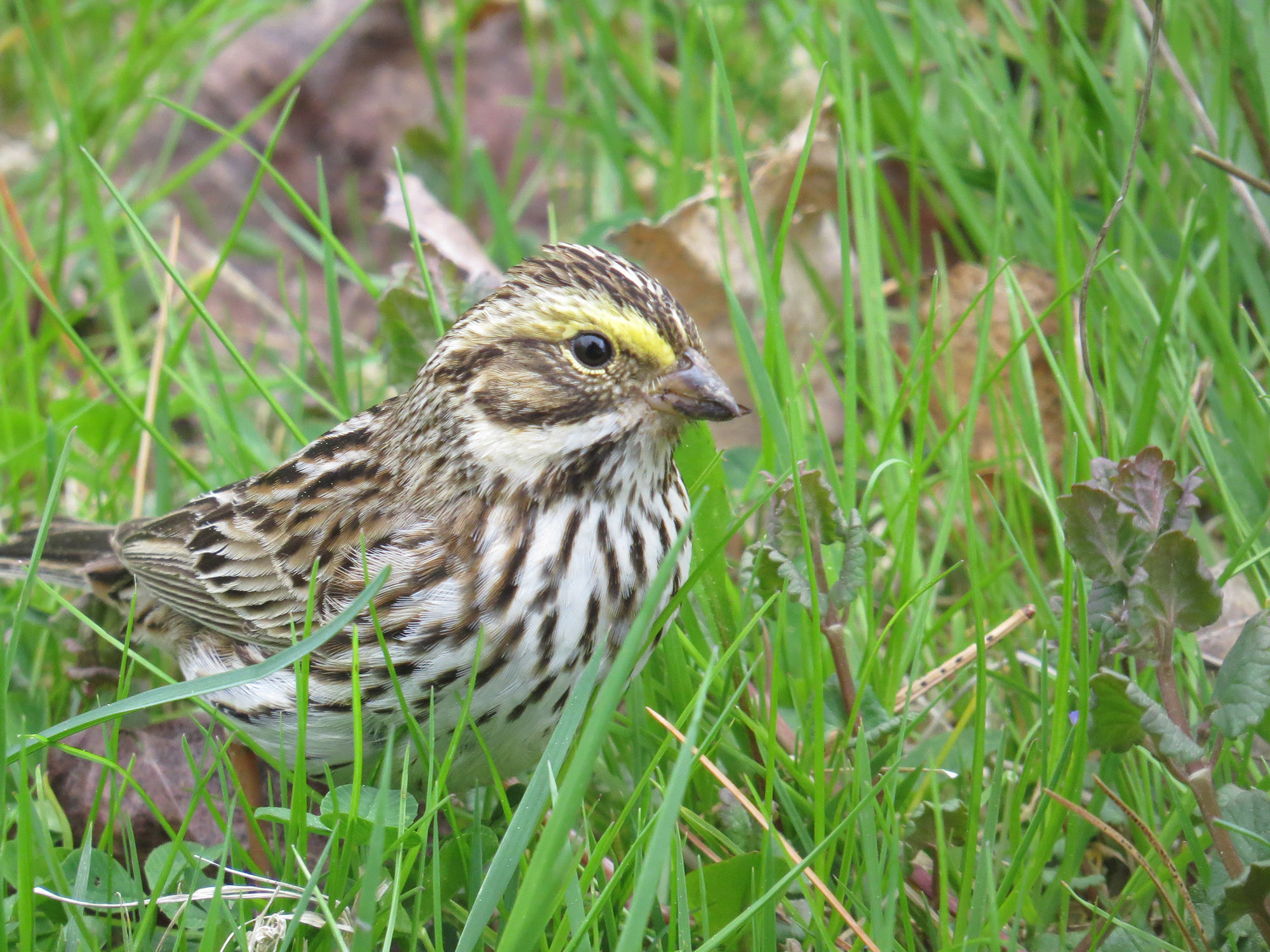Spire 2022 Issue

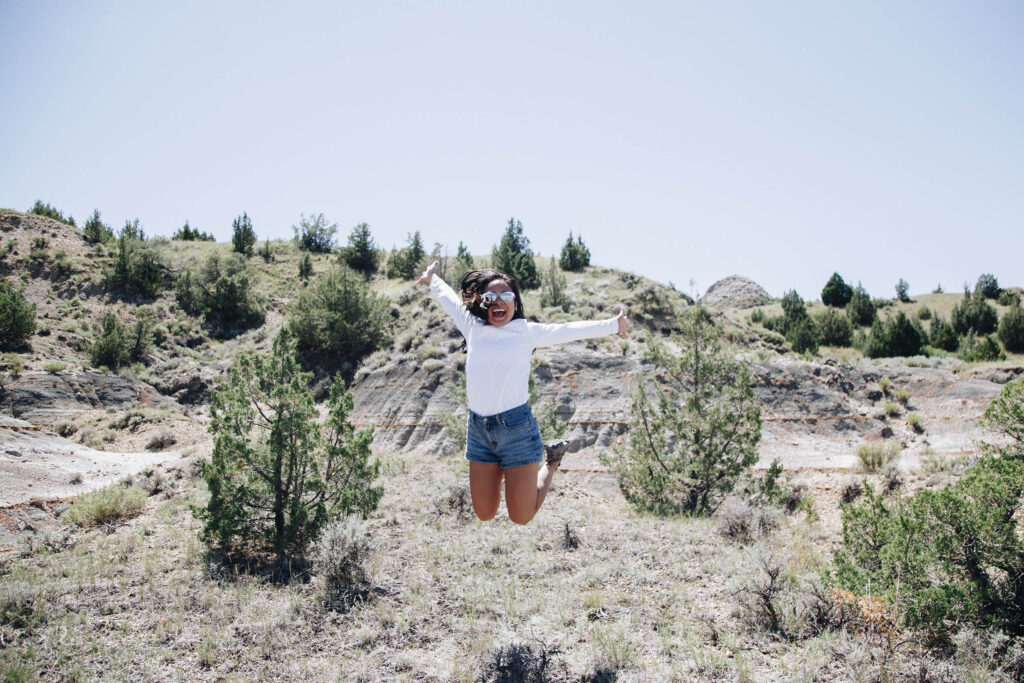
Storytelling Our Way In and Through Resilience
Michelle De Leon
With my car packed full in 2020, I drove over 2,000 miles to start graduate school in Maine. Orono would be my 10th address in five years, and picking up and moving to a new place didn’t faze me. Yet, feeling isolated with social distancing and adjusting to a rigorous program put me between a rock and a hard place: I have survived tough times before, though how does a person learn from her past when the present seems so unique…
Continue Reading
Erica Cassidy Dubois
Over the past two years, a property boom has swept through Maine. Contractors and real estate agents had record seasons. Property values soared. Camps, residential homes, and lots that sat on the market for years were suddenly snapped up (Hill, 2022). More than one-third of this activity was driven by buyers from out-of-state (Ogrysko, 2022). For some communities, the influx of new residents brought much-needed population growth and bolstered numbers for schools…
Continue Reading
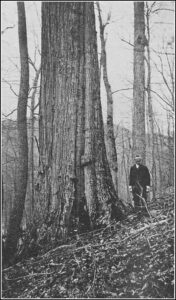
A Collection of Poems: New Year’s Day, New Year’s Day II
Anne Cyr
My tote road – at least I’ve considered it mine
these past twenty-five years.
One December day a sign appeared
at the end of that road:
American Forest Management it proclaimed.
With trepidation I walked, and the farther I walked,
more swaths of orange tape were revealed.
A week ago it began.
I talked to the man blocking the road with his huge truck.
Hello, I said, curious neighbor, here. Just wondering…
Continue Reading
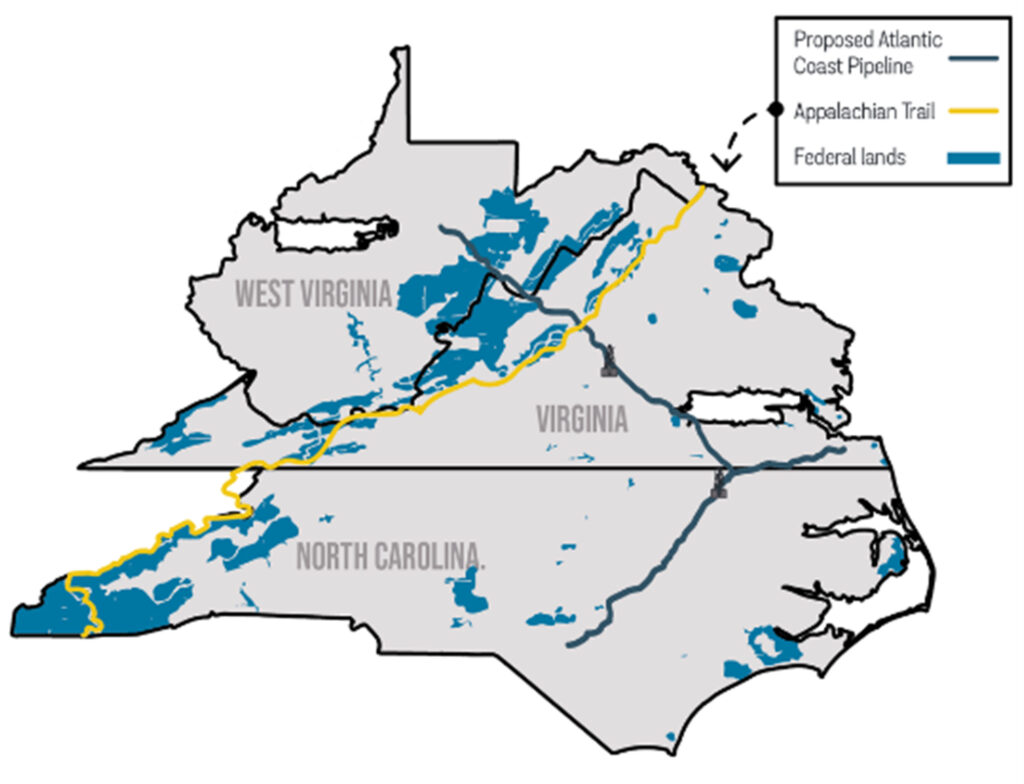
“A Trail is a Trail, and Land is Land”
Dominic Piacentini
On July 5, 2020, the Atlantic Coast Pipeline, a 42-inch diameter, 604-mile-long natural gas pipeline was canceled by its leading partners, Dominion Energy, Duke Energy, Piedmont Natural Gas, and Southern Company Gas (Dominion Energy 2020). Among its many detractors, The Indigenous Environmental Network and Oil Change International (Goldtooth et al. 2021) celebrated this victory in indigenous and community opposition to carbon emissions and estimated that the cancelation of the pipeline prevented 67 million metric tons of annual CO2 pollution…
Continue Reading
Jennifer Lynn Craig
When I spotted a bobolink in the wetlands, I pulled over and got out of the car. Sedge and tall reeds spread out through the marsh with Musquash Stream shining here and there in the spring sunshine. The bobolink swayed on a stalk. Then he flew, and I turned to scan the bog, and close to me a northern harrier was hunting low over the marsh, undulating about four feet off the ground. When the bird came near the road where I was parked, he pulled up and circled back down the stream and then coursed again along the small stretch of water, the patch of white on his rump flashing…
Continue Reading
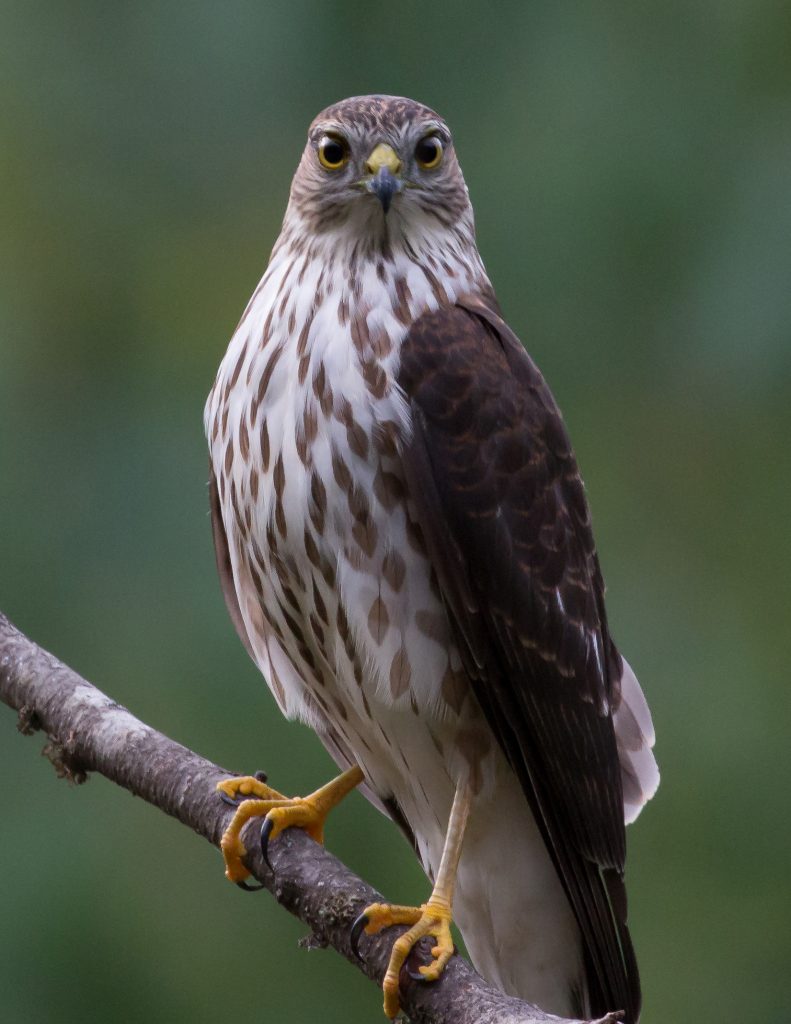
A Collection of Poems: Gardens During Rains, Nature Consoles
Jeremy Szuder
Hiding away in the gardens during rains,
a brisk chill with wet pavement
invites all,
but only the committed will attend.
Few umbrellas float in the distance
between trees, setting their sails on
expedition slowly, bright colors shaped
like upside down radar dishes of faint
signals, while everyone with logic
has stayed home in front of fireplace…
Continue Reading
The Hagfish Await
Matt Bernier
Sorry for the inconvenience, but I think
you should know that the hagfish await,
right whale carcass bobbing for days with
the buoyancy of the ship that struck her,
afloat with last gasps of salty air and
gas from tons of undigested zooplankton
as containers head to port in diesel fogs;
whale’s belly rolls skyward as the sun rises,
summons winds from corners of the Atlantic…
Continue Reading
A Collection of Poems: Fireflies, Arrival of Spring, End of the World
Tom Lagasse
Mid-summer, mid-evening the blue-
black night shrouds the self to become
A hidden witness, like the backyard maple
and the forsythia bush, to the nocturnal
Life emerging from its slumber. Again,
I wait expectantly for the fireflies to return.
Once constant stars on a cloudless
night, they danced to an unheard music
Continue Reading
Paloma Henriques

Capitalism’s demand for continuous economic growth is driving the climate and biodiversity crises, while continuing the legacy of colonialist exploitation. Efforts to reduce emissions linked to cycles of consumption and production are increasing; however, there are great opposing forces. While the affluent continue amassing wealth and power, changing the system will continue to be extremely difficult. New policies, like taxes on wealth…
Continue Reading
Embracing Limits II: A Case for Minimum Economic Thresholds to Mitigate the Climate, Biodiversity, and Equity Crises
Paloma Henriques
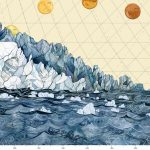
Inequity is a choice that we make as a global society through the economic systems that we hold up as legitimate. We currently have the capacity and resources to meet the basic needs of all human beings on the planet (Binder et al. 2020), but the neoliberal capitalism that privileges growth over well-being has entrapped us into a profoundly unequal system, where, continuing the legacy of colonial conquest, some lives are valued more than others…
Continue Reading
Erin Victor
Dear Readers,
First and foremost, thank you. I am imagining you curled up with a nice hot cup of coffee or tea as you take the time to leisurely read this issue of Spire: The Maine Journal of Conservation and Sustainability. I am glad you are here and part of this ongoing dialogue around collectively (re)imagining what effective environmental action looks like here in Maine, the Pine Tree State, Vacationland.
I need to start with an important disclaimer. I am “from away.” I was born in Livonia, Michigan…
Continue Reading
